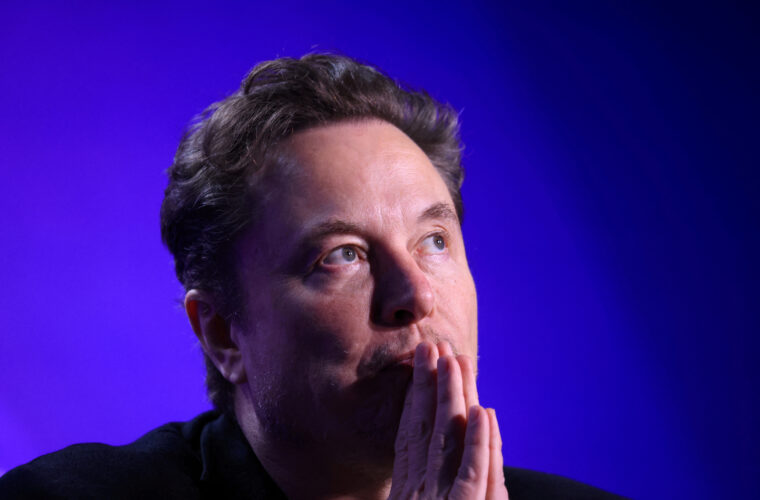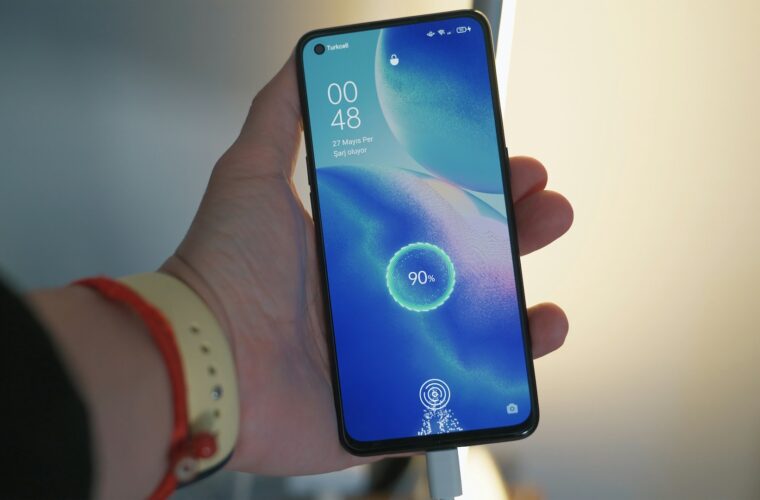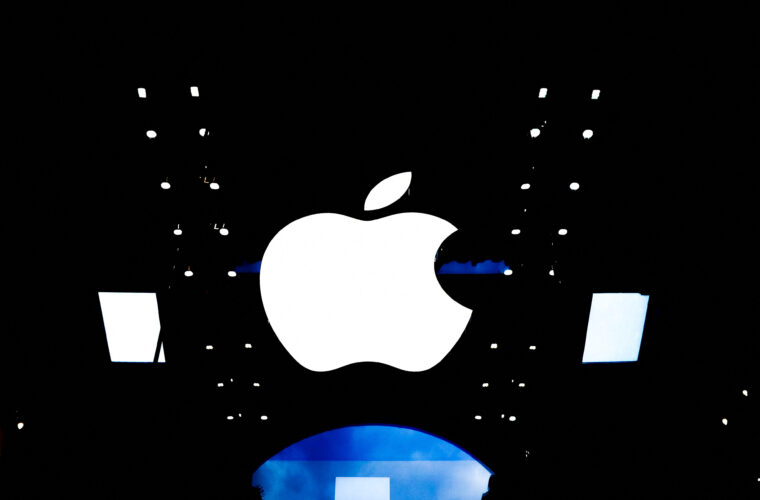Elon Musk has included Apple and its CEO, Tim Cook, in his enemies list. The reason is not hard to imagine because it is a question of money weighing on Twitter’s coffers. The founder of Tesla and SpaceX has been at the helm of the platform for about a month now after completing the $44 billion acquisition.
One of his priorities is to increase the number of daily active users and reduce Twitter’s dependence on advertising, which accounted for 92 per cent of revenues in 2021. To do this, Musk plans to launch a series of additional paid features for users. The first on the list is Twitter Blue, a subscription service revamped by Musk in the past, which for $8 per month, users get the blue checkmark valid for verified accounts and a series of extra features, such as the ability to edit tweets.
App Store, problem or asset?
Announced last 9 November and immediately strongly contested the possibility of buying the blue checkmark by paying and not through a simple and effective verification system, the launch of Blue Twitter was postponed to late November and then to early December. And this is where Apple comes in because, at the moment, those who wish to subscribe to the service must do so by concluding the transaction on the mobile app.
This means that Twitter would get a reduced fee of 30%, which is the portion retained by Apple for each purchase on the App Store (the commission drops to 15% for subscriptions renewed after the first 12 months). This is well known by developers, who have long criticised a system that forces them to leave an overly generous portion to Cupertino, which various companies and politicians accuse of implementing a monopoly in the sector.

If we line up the numbers of other companies that have developed an App Store, we realise that the problem is not Apple but a system issue. When one buys an app on the Play Store, Google retains 30% of the spend, as does Samsung with the Galaxy Store and Amazon with the App Store, but also Microsoft for those buying on Xbox, whose commission drops to 15 per cent for PC purchases.
Combining this percentage with the spread of iPhones worldwide, especially in the US market (which is the most important for all star-studded companies, including Twitter), one can guess why Musk has directed several controversial tweets at Apple and Tim Cook.
Apple no longer invests in Twitter
Completing the picture is the reduction of Apple’s advertising on Twitter since the company entered Musk’s orbit. In the first quarter of 2022, Apple spent $48 million on sponsored ads on Twitter, making it the platform’s top advertiser with a 4% share. Pathmatics Observatory reported other significant and more recent numbers that demonstrate Apple’s change of direction: from $220,800 invested on Twitter in the week between 16 and 22 October, the investment dropped to $131,600 in the seven days between 10 and 16 November.
It should be added, however, that the tendency to reduce advertising spending on Twitter after Musk’s arrival is shared by many companies, so much so that according to various American newspapers, almost half of the first hundred investors who had brought more than $2 billion into Twitter’s coffers in 2020 are on the run. For weeks, they have blocked their investments, waiting to see how Musk will move on one of the most discussed aspects of Twitter: content moderation.
Returning to Musk versus Apple, in recent days, the South African entrepreneur has declared (in a tweet, because he now speaks mainly through messages from his account followed by almost 120 million followers) that Apple has threatened to eliminate Twitter from the App Store, without however adding the reasons. With Cupertino’s usual tight-lipped mouths and looking only at the hard facts, the only news of the last period has been an update to the app.
This is an important detail because if Apple did decide to suspend or remove the Twitter app, users who had already downloaded it and were using it could continue. Still, Musk could no longer count on updates to resolve bugs or malfunctions or to introduce new features. On the other hand, new subscribers would need help downloading the app onto their iPhones.

Musk would like to go beyond Apple and the App Store
Among the hypotheses put forward by Twitter, number one himself to remedy the possible exclusion from the Apple-iPhone world, is the possibility of making a smartphone independent of any digital store to go beyond the limits that Apple and Google impose. Apart from appearing to be one of the many exaggerations spread by Musk, the project of a homemade smartphone is very complicated and long-term. Amazon’s flop (with the Fire Phone launched in June 2014) reminds us that even a company with huge financial resources had to raise the white flag.
Although several American journalists and politicians have taken the opportunity to equate Musk’s attack on Apple with the attempt by Epic Games, developer of Fortnite, which in 2020 took the Cook-led company to court after the app’s removal from Apple’s store caused by the addition of a payment system within its own app (so as to circumvent the 30% owed to Apple, which won the first round of the legal battle), things are different for now.
Among the most credible scenarios is Musk’s possibility to continue to complain publicly. At the same time, Apple will try to defuse the controversy by collaborating with Twitter to improve the mobile application. By doing so, in theory, nothing would change. Weighing on this prospect is the unknown Musk, the most unpredictable man in Silicon Valley, who could opt for a head-on collision by launching a payment system to sell Twitter Blue and future Twitter services directly in-house.
Doing so by limiting the purchase to the website is an option to be discarded since it has already been attempted in the past by others and regularly ended up in oblivion due to the longer and more complicated user experience compared to the mobile version. There are few certainties, then, although what is certain is that the diatribe between Musk and Apple will continue to be discussed for a long time.



